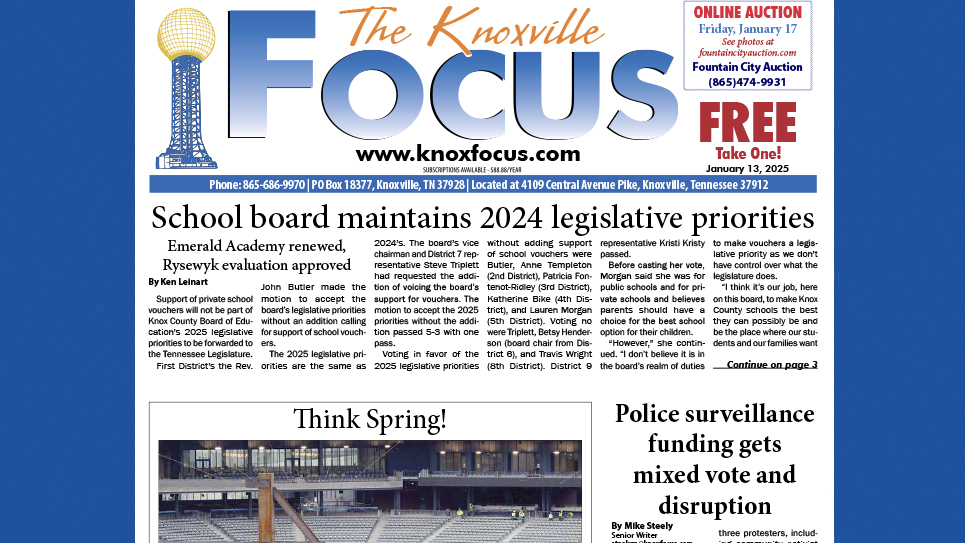Knoxville-Knox County Planning recently released the latest addition to their Technical Report series: Senior Population in Knox County. The report summarizes important characteristics of Knox County’s senior population to inform an ongoing dialogue about their needs.
With increased life expectancy and an aging Baby Boomer cohort, the local senior population is expected to grow twice as fast as the general population over the next several years. As the last of the Boomers enter their senior years, the number of people over 60 years of age will increase 30 percent, to more than 125,000, by 2030.
Some of the greatest challenges for seniors:
- Housing cost burden,
- Health-related issues,
- Mobility,
- Finding adequate health care,
- Covering basic living expenses, and
- Maintaining independent lifestyles.
Housing costs are often a problem, with roughly one third struggling to make ends meet. More than 45 percent who rent their homes, and 20 percent who own, are cost burdened. Health issues are also a common difficulty and are often intertwined with housing. Because the number of seniors is growing, demand for long-term care is on the rise. Currently, about 10,000 local seniors report a disability that keeps them from living independently. While 40 new assisted living facilities are presently proposed or under construction, the cost of these facilities will be prohibitive for many.
Mobility is another major challenge for local senior citizens. Access to resources like doctors’ offices, recreation centers, libraries, and grocery stores is difficult for seniors who are unable to drive, as transit services are mostly limited to Knoxville city limits. Though both the city and Knox County provide several paratransit services for a small fee, it can be expensive for individuals who rely on these services for all of their transportation needs.
These issues create major hurdles for seniors as they continue to age, forcing local communities to consider new strategies to accommodate their needs. Matching supply to demand will be a priority for local leaders, homebuilders, and service providers in the coming years.
More information on Knox County’s senior population can be found in the report at https://knoxplanning.org/data/technical-reports.






